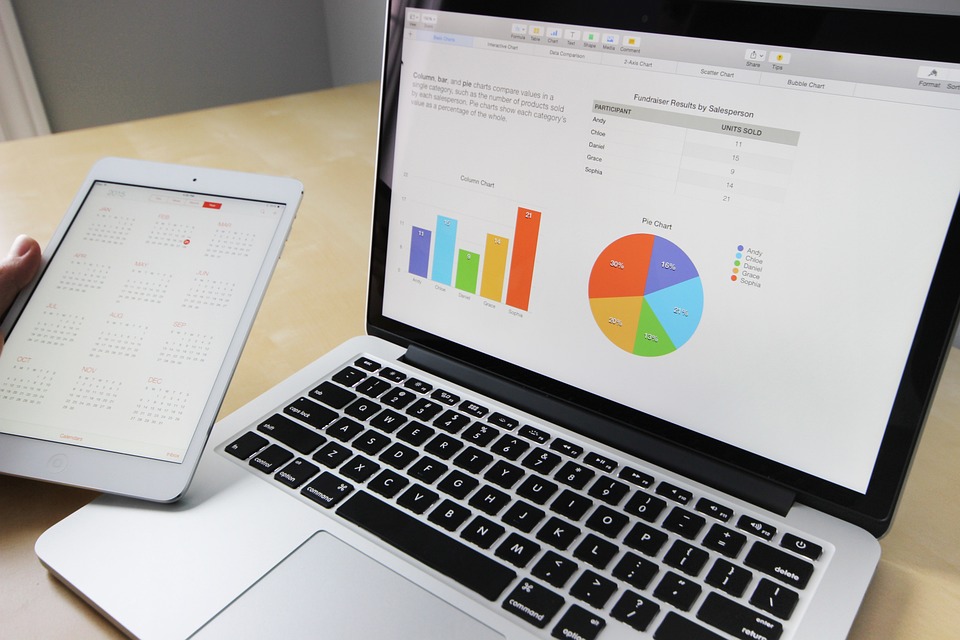As the world becomes increasingly digitized, the role of artificial intelligence (AI) and machine learning (ML) in the workplace has become a frequent topic of discussion. With the evolution of technology, jobs and industries have been subject to dramatic shifts, often driven by the proliferation of automation and the rise of smart machines. According to a recent report by the World Economic Forum, by 2025, around 41% of all work activities globally will be managed by machines.
As we look ahead to the future of work, the importance of preparing for these changes becomes increasingly evident. It’s essential to understand how these technological advancements will impact our workforce, and what steps we can take to ensure a smooth transition. Machine learning, in particular, has the potential to radically change the way we work, as it can be used to automate repetitive tasks, analyze data, and make decisions with greater speed and accuracy. Here are some ways in which machine learning is expected to affect the future of work:
1. Increased Automation: One of the primary ways machine learning will impact the future of work is through increased automation. Tasks that are currently performed manually by humans, such as data entry, data analysis, and data processing, can be automated using machine learning algorithms. This shift will result in faster, more efficient work processes and reduce the need for human intervention in repetitive tasks.
2. Skill Enhancement: While machine learning may replicate many of the tasks currently performed by humans, it will also create new opportunities for professionals to advance their skills. Workers will have the opportunity to engage in more complex tasks involving decision-making and problem-solving, as ML algorithms are used to analyze data and provide insights but requires human intervention to make decisions.
3. Development of New Jobs: The increased use of machine learning in the workforce will give rise to the development of new jobs, such as data scientists, machine learning engineers, and AI technicians. Individuals with specialized skills in the development and management of these advances in technology will be in high demand.
4. Job Loss: Although machine learning will create new jobs, it will also result in the loss of some traditional jobs. As automation becomes more prevalent, certain tasks and roles that were previously performed by humans will no longer be necessary. It is thus important to reskill and upskill ourselves to prepare for these changes.
Preparing for Changes in 2023
To prepare for these changes, companies and individuals must take proactive steps to ensure they keep pace with the latest innovations in technology, and are ready to embrace the opportunities that come with the use of machine learning. Here are some of these steps:
1. Invest in Education: Education is key to ensuring individuals are prepared for the changes that will inevitably come with increased automation. Professionals must take courses and gain knowledge in the areas of machine learning, data science, and artificial intelligence, to remain competitive in the job market.
2. Foster a Culture of Continuous Learning: Change is a constant in the world of technology, and it is essential to foster a culture of continuous learning within organizations. Companies must create an environment that encourages employees to learn new skills and undertake professional development continuously.
3. Focus on Creativity and Soft Skills: As machine learning automates many of the traditional roles in the workplace, it will be essential for professionals to focus on offering skills that require more creativity and collaborative skills. Soft skills such as strategic thinking, communication, and collaboration must become the cornerstone of the workforce, and employees must be trained to develop these skills.
In conclusion, the adoption of machine learning in the workplace is inevitable, and it will have profound effects on our workforce. It is crucial to start preparing now for the changes that will come in the next few years. By investing in education, fostering a culture of continuous learning, and focusing on creativity and soft skills, we can ensure that we remain relevant in the age of automation, maximizing the potential of these advances in technology to achieve both professional and personal goals.

